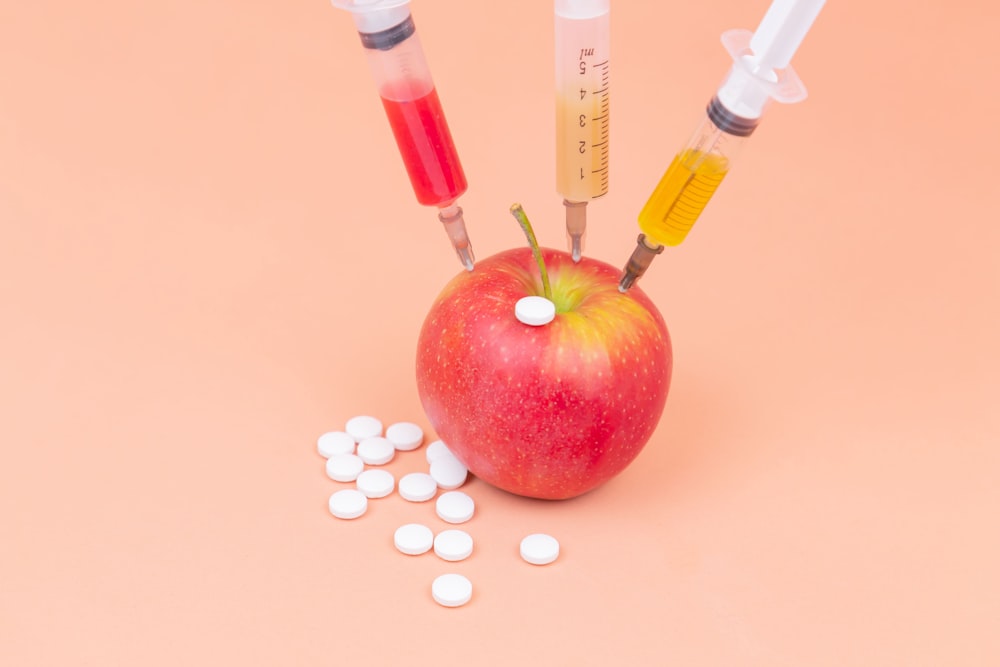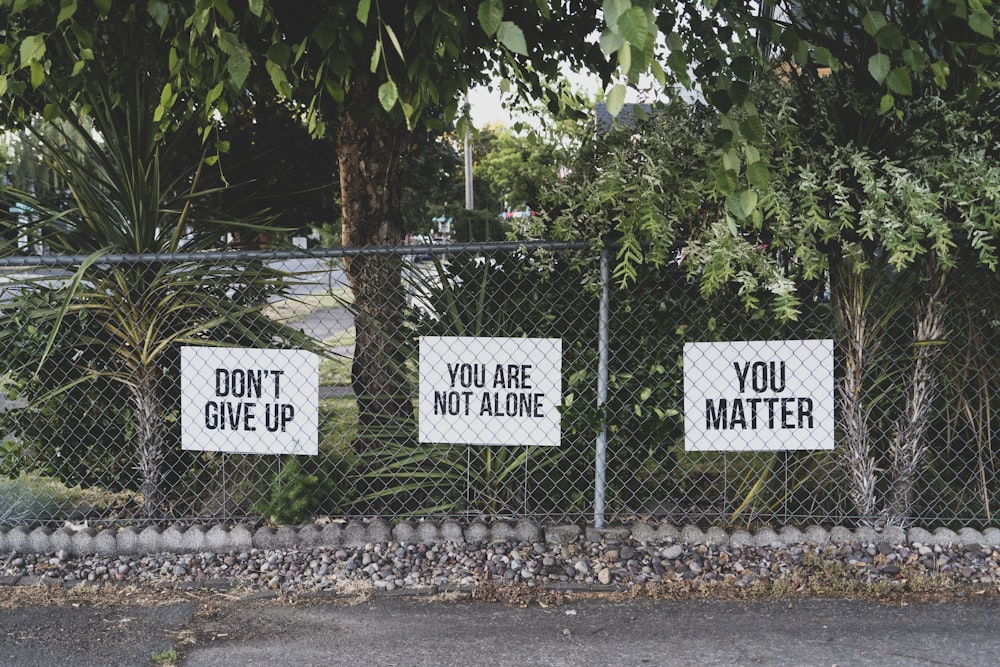Missoula is a beautiful city, with an abundance of natural scenery and outdoor activities. But like many other cities in the United States, it has a drug problem that often goes unnoticed. The Missoula drug use rates are higher than the national average, and it’s important to understand why this is happening so that we can take steps to combat the issue.
As you might already know, we are no stranger to our city’s drug abuse. Missoula has the second highest drug use rate in the state of Montana, and it’s a problem that often goes unaddressed. Unfortunately, this lack of attention can lead to a lack of understanding about drugs, their effects on individuals and communities, and what can be done to help those suffering.
The Types of Drugs Commonly Abused in Missoula
The most commonly abused substances in Missoula are alcohol and marijuana. Alcohol is the most widely used drug among young adults in the area because it’s relatively easy to access and cheap to purchase. Marijuana is also popular among some age groups due to its availability and relative affordability compared to other drugs. Other popular drugs include cocaine, methamphetamine, opioids (prescription painkillers), hallucinogens such as LSD or mushrooms, and synthetic marijuana (K2 or Spice).
Using Respectful Language
With this said, is important to use language that is respectful and non-judgmental when talking about people who are struggling with substance abuse issues. One way to do this is by replacing the phrase “drug abuser” with “drug user.” While the two phrases may seem similar, they carry very different connotations and can shape how people view addiction and recovery.
The Difference Between Drug Abuser vs. Drug User
At its core, the difference between drug abuser and drug user lies in intent. When someone abuses drugs, it implies that they are using substances recklessly and without regard for their health or wellbeing. On the other hand, when someone is labeled a “drug user,” it implies that they are actively engaging in self-care by seeking out treatment options or support groups such as Alcoholics Anonymous (AA).
Changing the Language We Use to Talk About Addiction
The language we use to talk about addiction can have a powerful impact on both the person struggling with addiction as well as society’s perception of addiction as a whole. When we refer to someone as a “drug abuser” we are immediately implying that there is something wrong with them—that they are somehow broken or bad because of their substance abuse issues. This kind of stigmatizing language can prevent people from seeking help for fear of being judged or shamed by family members, friends, or healthcare professionals.
On the other hand, using more neutral terms like “drug user” can help de-stigmatize addiction and make it easier for people to seek out help without feeling ashamed or embarrassed. It also helps remind us that people struggling with substance abuse issues are just that—people—and should be treated with respect and compassion instead of judgment and condemnation.
So for the rest of this blog we will be using the word “use” or “user” in exchange for “abuse” or “abuser”.
Drug Use in Missoula
Drug use is a serious problem in Missoula and across the nation.
The Needs Assessment of the Missoula County Substance Use Care System say that: Based upon estimates derived from the National Survey on Drug Use and Health (NSDUH), there are approximately 3,000 to 4,000 active users of methamphetamines or heroin in Missoula County, and a likely need for treatment for illicit drug use, across all substances, for about 2,300 residents.
What Drugs Are Most Commonly used in Missoula?
The National Survey on Drug Use and Health (NSDUH) reports that marijuana is by far the most commonly used drug in Missoula, with 5% of residents aged 12 or older reporting its use in the past month. After marijuana, prescription pain medications are second most commonly abused, followed by cocaine, hallucinogens, stimulants, inhalants and heroin.
What Causes Drug Use in Missoula?
Drug use is caused by a variety of factors including genetics, environment and social influences. In addition to these factors, there are certain risk factors associated with drug use that can increase someone’s likelihood of using drugs such as poverty, mental illness or a lack of strong family bonds. It is important to note that no single factor can explain why someone begins using drugs; rather it is a combination of many different influences that lead to substance use disorder (SUD).
The Consequences of Drug Use
When it comes to drug use, there are numerous consequences that individuals must bear. For example, addicts often suffer physical health problems due to their use such as liver damage, heart failure, and even death due to overdose. Additionally, many addicts experience psychological issues such as depression and anxiety due to their substance abuse habits. Finally, individuals struggling with addiction may also suffer financial difficulties due to their inability to keep a job or pay bills while they are under the influence of drugs or alcohol.
What is Causing the Increase in Drug Use?
There are many factors that contribute to the increase in drug use in Missoula. One of the biggest contributors is poverty. According to a 2019 report from Montana’s Department of Public Health & Human Services, nearly one-third of residents live below the poverty line. This can lead people to turn to drugs as a means of coping with their situation or escaping reality.
Accessibility is also a factor. With an increase in availability of drugs such as methamphetamine and heroin, it has become increasingly easier for people to obtain these substances illegally. Additionally, many drugs are now being sold on the streets which makes them more accessible than ever before.
How Can We Combat Drug Use in Missoula?
The good news is that there is help available for those struggling with SUD. Treatment programs such as Alcoholics Anonymous (AA), Narcotics Anonymous (NA) or Cognitive Behavioral Therapy (CBT) can provide support for individuals as they work towards sobriety. Additionally, if you suspect someone may be struggling with addiction or substance misuse it is important to offer support—listen without judgment and remind them they are not alone on their journey towards recovery.
Places like Sunflower Counseling MT can offer help with addiction. Call today if you or a loved one needs support: 406 214-3810.
John Michaels is a local Missoula author who graduated from Brown University in creative writing. In between raising kids, he spends his time meandering around downtown Missoula, writing screenplays, doing cryotherapy, and playing chess.



